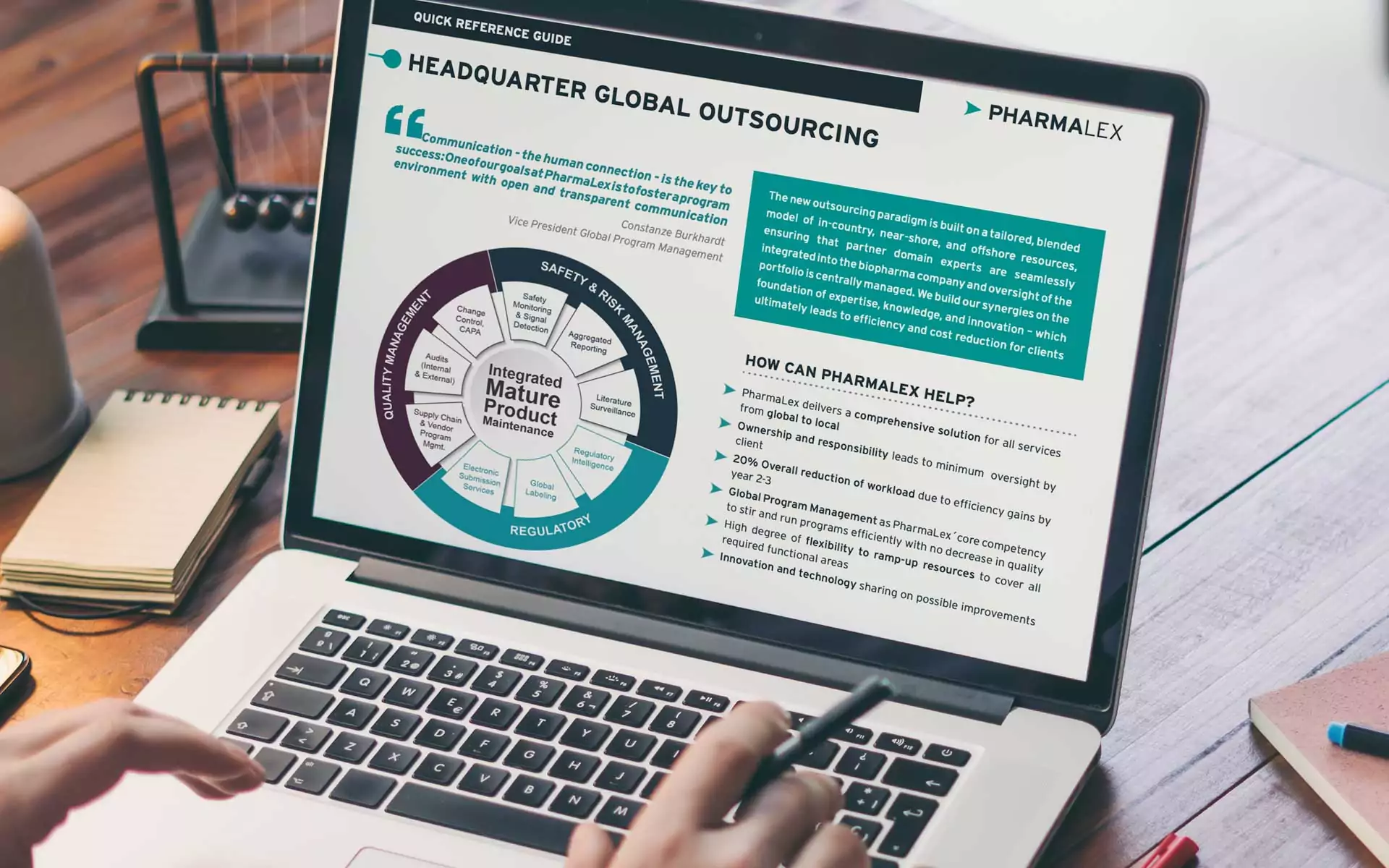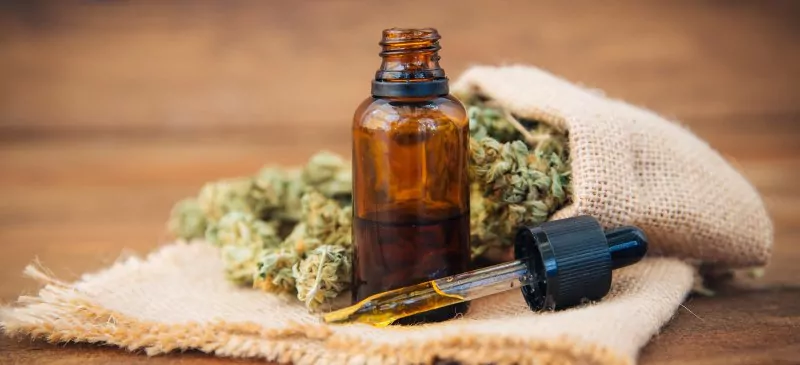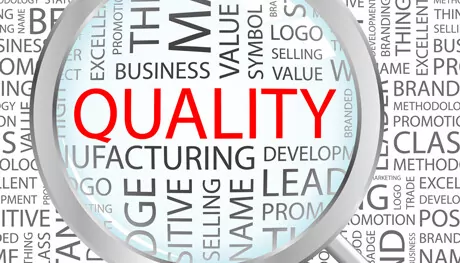The Importance of GxP Compliance for Global Medicinal Cannabis Production
The debate surrounding global cannabis legislation has been ongoing for many years due to its potential side effects versus the claimed antioxidant, anti-inflammatory and neuroprotective benefits. Cannabinoids are substances found in the cannabis plant. There are over 100 naturally occurring cannabinoids, two of which have been most studied and discussed: ∆9-Tetrahydrocannabinol (THC) and Cannabidiol (CBD). THC produces the psychoactive effects, such as euphoria, relaxation and heightened sensory experiences. Whereas CBD has few psychoactive effects, it is claimed to have the medicinal benefits described above and it may moderate the psychoactive effects of THC 1.
Governments worldwide have begun to pass legislation to allow patients suffering from certain health conditions (such as terminal cancer, epilepsy and neurological illnesses) to use natural cannabinoids and cannabis to treat the symptoms of their illness. In fact, synthetic cannabinoids (e.g. Marinol®) have been approved in the US since the 1980’s. However, appropriate regulation of medicinal cannabis programmes is key to the quality, safety and efficacy of these substances1.
In Europe, there have been significant changes in the law particularly in Germany where national legislation was amended in 2017 expanding the options for prescribing medicinal cannabis. The BfArM (the German Federal Institute for Drugs and Medical Devices) took over the new responsibility by establishing the Cannabis Agency (see BfArM Annual Report 2017/18 to ensure supplies of medical cannabis were of suitable quality. The Cannabis Agency subsequently awarded 13 contracts to companies for the cultivation of cannabis in recent months. The first harvest is expected in Q4 2020 after which the Cannabis Agency will purchase, take possession and sell the medical cannabis cultivated in Germany in accordance with the international legal requirements of the United Nations Single Convention on Narcotic Drugs of 1961 to manufacturers of medicinal products, wholesalers or pharmacies2. The German Pharmacopeia (Deutsches Arzneibuch) is also being updated in-line with the new legislation and a draft monograph entitled “Cannabis Extract, Standardized (Cannabis extractum normatum)” was published in May 2019. The draft monograph details the THC and CBD limits, assays and tests, manufacturing and storage requirements3.
In 2018, the French National Agency for Medicines and Health Products Safety (ANSM) launched the ‘Temporary Specialised Scientific Committee’ (CSST) to assess the future relevance and feasibility of medicinal cannabis in France. Discussions by the CSST concluded with four key recommendations including: the implementation of a patient monitoring regimen, careful evaluation of adverse events, the promotion of research on medicinal cannabis and prevention of medicinal cannabis being administered by smoking4. The FDA have also recently established a working group to discuss the guidance provided by the agency on cannabis and its derivatives for use in a range of products including drugs, dietary supplements, conventional foods, animal foods and drugs, and cosmetics.
In contrast to Europe, the Canadian government has already legalized both medicinal and recreational use of cannabis5. While in Australia, The Narcotic Drug Amendment Bill 2016 permits cannabis cultivation for medicinal and related research purposes6.
The overall aim of regulatory authorities, such as BfArM and ANSM, is to protect public health. One method of furthering this protection is to enforce compliance with GxPs such as Good Manufacturing Practices (GMPs) and Good Distribution Practices (GDPs) and the production of medicinal cannabis should be no different. For the latest news updates regarding the legal production of cannabis in Europe visit the ECA academy at https://www.gmp-compliance.org/.
PharmaLex offers a range of GMP services including facility design, QMS development and inspection readiness programmes. Post inspection support can also be provided in the development of corrective action remediation activities to support inspection responses. To discuss how PharmaLex can support your organization, please connect with us on +353 1 846 4742 or email us at contactirl@pharmalex.com.
References
- United Nations. The Report of the International Narcotics Control Board for 2018. Published 05 March 2019.
- ECA Academy. Cannabis – BfArM awards remaining contracts. 05 June 2019. https://www.gmp-compliance.org/gmp-news/cannabis-bfarm-awards-remaining-contracts
- ECA Academy. German Pharmacopoeia Draft Monograph for Cannabis Extracts. 12 June 2019. https://www.gmp-compliance.org/gmp-news/german-pharmacopoeia-draft-monograph-for-cannabis-extracts?utm_source=Newsletter&utm_medium=email&utm_campaign=ECA+GMP+Newsletter+KW25+2019+PEU
- Health Europa. Medicinal cannabis in France – a work in progress. 05 April 2019. https://www.healtheuropa.eu/medicinal-cannabis-in-france/91145/
- Government of Canada. Cannabis in Canada. 14 June 2019. https://www.canada.ca/en/services/health/campaigns/cannabis/canadians.html
- Alcohol and Drug Foundation. Medicinal Cannabis. https://adf.org.au/drug-facts/medicinal-cannabis/








